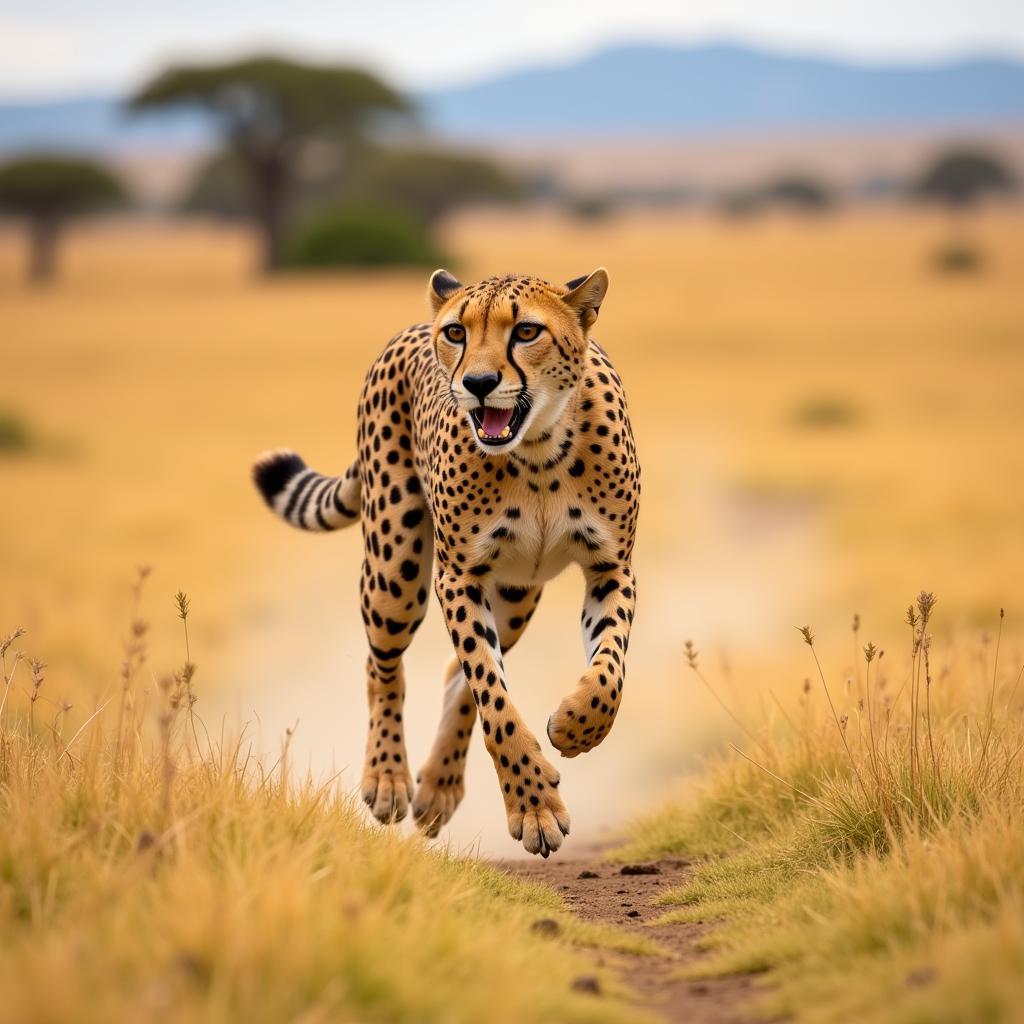The Intriguing World of African Fishers: A Dive into Their Culture and Practices
The African continent boasts a rich tapestry of cultures and livelihoods, and among them, the lives of African Fishers stand out as a testament to resilience, resourcefulness, and deep connection to the environment. From the vast expanses of the Atlantic Ocean to the serene depths of inland lakes, African fishers have developed unique traditions, techniques, and knowledge systems that have shaped their existence for centuries. Let’s delve into the captivating world of African fishers, exploring their diverse practices, cultural significance, and the challenges they face in the modern world.
The Diverse Spectrum of African Fishing Practices
African fishing is not a singular practice, but a multifaceted spectrum shaped by local environments, traditional knowledge, and evolving technologies. From artisanal fishing, relying on traditional methods like handlines and nets, to modern commercial fishing utilizing sophisticated equipment, African fishers employ a variety of techniques.
Artisanal Fishing: A Legacy of Tradition and Skill
Artisanal fishing, rooted in generations of experience, remains the dominant practice in many parts of Africa. It often involves small-scale vessels like dugout canoes or pirogues, hand-crafted nets, and techniques passed down through generations. These methods are highly adaptable to local conditions, utilizing knowledge of tides, currents, and fish behavior accumulated over centuries.
For example, in the Lake Victoria region of East Africa, fishers use specialized nets called “tukutuku” to target specific species, showcasing an intricate understanding of the lake’s ecosystem.
“Artisanal fishing is not just a livelihood, but a cultural tapestry woven into the fabric of our communities,” emphasizes Mwangi Kamau, a renowned Kenyan expert on traditional fishing practices.
Modern Commercial Fishing: Balancing Progress and Sustainability
While artisanal fishing remains crucial, modern commercial fishing has also emerged in certain regions, often driven by international markets. This involves larger vessels equipped with advanced technologies, including sonar systems and mechanized fishing gear.
However, the transition to commercial fishing has raised concerns about overfishing and its impact on marine ecosystems. Balancing economic growth with sustainable practices is a critical challenge facing African fishers today.
“We need to find a way to balance the need for economic development with the protection of our valuable marine resources,” notes Fatima Aboubakr, a leading marine biologist from Morocco.
The Cultural Significance of Fishing in African Communities
Fishing is more than a mere source of livelihood in many African communities. It is intricately woven into their cultural fabric, shaping social structures, beliefs, and spiritual connections.
Traditional Fishing Rituals and Beliefs
Many African communities have developed complex rituals and beliefs surrounding fishing. These practices often involve invoking ancestral spirits, seeking their blessing for a successful catch, and showing respect for the waters and the fish themselves.
In some communities, fishing rituals are performed before setting out on a journey, with prayers and offerings to ensure safety and a bountiful catch.
Food Security and Community Cohesion
Fish plays a vital role in food security across the continent. It provides a crucial protein source, especially in coastal and inland communities, and contributes to the overall well-being of families and communities.
Fishing also fosters a sense of community, as individuals often work together, sharing knowledge and resources to ensure success.
The Challenges Facing African Fishers
Despite the rich traditions and vital role of fishing in African societies, the industry faces numerous challenges:
Overfishing and Unsustainable Practices
Overfishing, driven by increased demand and modern commercial fishing practices, has emerged as a significant threat to the health of fish stocks in many areas. Illegal, unregulated, and unreported (IUU) fishing further exacerbates this challenge, depleting fish populations and endangering ecosystems.
Climate Change and Environmental Degradation
Climate change is altering marine environments, impacting fish behavior and distribution. Rising sea temperatures, ocean acidification, and changing currents can lead to declines in fish populations and disrupt traditional fishing practices.
Lack of Infrastructure and Technology
In many parts of Africa, limited access to modern fishing infrastructure, such as refrigeration and processing facilities, hampers the ability of fishers to store and market their catch effectively. This can result in post-harvest losses and reduce the overall profitability of the fishing industry.
The Future of African Fishing: Towards Sustainability and Resilience
The challenges facing African fishers are complex, but they are not insurmountable. By embracing sustainable practices, promoting responsible fishing policies, and supporting community-based approaches, it is possible to ensure the long-term sustainability of African fishing.
Sustainable Fisheries Management
Governments, fisheries authorities, and local communities need to work collaboratively to develop and implement sustainable fisheries management plans. This involves setting catch limits, establishing marine protected areas, and controlling access to fishing grounds.
Community-Based Management
Empowering local communities to participate in managing their own fisheries is crucial for long-term success. This includes giving them a voice in decision-making, providing training and education on sustainable practices, and ensuring fair access to fishing resources.
Investing in Research and Technology
Investing in research on fish stocks, marine ecosystems, and climate change impacts is vital for informed management decisions. Furthermore, supporting the development and adoption of innovative fishing technologies that minimize bycatch and enhance efficiency can improve the sustainability of the industry.
African Fishers: Guardians of a Rich Legacy
African fishers play a vital role in their communities and contribute significantly to the continent’s food security and cultural heritage. By understanding their unique practices, recognizing the challenges they face, and working collaboratively towards sustainability, we can ensure that the legacy of African fishing continues to thrive for generations to come.
african-fisher-boat-sunset|African fishermen’s boats casting a silhouette against the setting sun.|This image captures the essence of African fishing, showcasing the boats used by traditional fishers as they navigate the waters at dusk, a time when they often cast their nets. The silhouette of the boats against the vibrant sunset creates a sense of tranquility and beauty, reflecting the deep connection between humans and the natural world.
Frequently Asked Questions
Q: What are the main fishing techniques used by African fishers?
A: African fishers utilize a diverse range of techniques, including traditional methods like handlines, nets, and traps, as well as more modern methods like trawling and longlining.
Q: How does fishing contribute to African cultures?
A: Fishing is often deeply embedded in African cultures, shaping social structures, rituals, beliefs, and even cuisine.
Q: What are the main challenges facing African fishers?
A: Overfishing, climate change, lack of infrastructure, and unsustainable practices are some of the major challenges facing African fishers.
Q: What measures can be taken to promote sustainable fishing in Africa?
A: Sustainable fisheries management, community-based approaches, investments in research and technology, and promoting responsible fishing practices are crucial for the future of African fishing.
Q: What are some ways I can support African fishers?
A: You can support African fishers by consuming seafood from sustainable sources, advocating for responsible fishing policies, and supporting organizations working to promote sustainable fishing practices in Africa.




